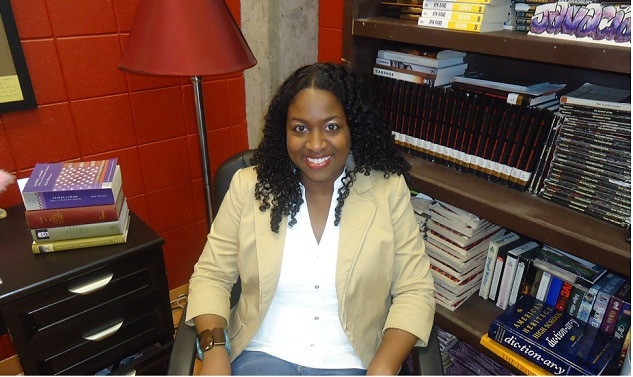For two years I served as the faculty adviser for the Black History Month program held at the local high school where I teach. During that time I received questions from a few students and a few colleagues who wondered why, in the 21st century, Black History Month celebrations were still necessary.
“Is there a black history month just because black people used to be slaves? That doesn’t seem fair. Slavery was a long time ago,” a 10th grader said to me once.
And because only about 20 percent of our student population is black, some colleagues have pointed to our school’s demographics and wondered how relevant Black History Month celebrations are for our academic community.
Meanwhile, outside the walls of my workplace, I’ve had conversations with African-American friends who believe Black History Month contributes to racial disharmony, that it highlights differences between races instead of celebrating commonalities and promoting unity.
These friends do acknowledge there was a time when we truly needed Black History Month, which began as Negro History Week back in 1926. Dr. Carter G. Woodson founded this special week because, at the time, African-American contributions to this country were ignored by the writers of history textbooks and, unfortunately, by many educators as well. Woodson thought that perpetuating the belief that blacks didn’t contribute to progress would also perpetuate racism.
But things have changed. Textbooks have improved and any American history teacher deserving of his or her degree will at least briefly discuss with students what African-Americans have done for this nation. Furthermore, today’s students are growing up with an African-American man serving as president of the United States.
So why do we still need Black History Month?
My colleague Annemarie Gray, who has taught American history for 16 years, said it best:
“To my mind, it should not be a question of whether or not we ‘need’ Black History Month. Do we ‘need’ President’s Day, Memorial Day or Labor Day? Or do we celebrate these days to honor our Presidents, our veterans, and our working class? We celebrate Black History Month for the same reason we celebrate these holidays: to honor and learn about our fellow Americans.”
In other words, black history is American history. The contributions celebrated during Black History Month are part of every American’s story, regardless of race.
I understand that for some Black History Month feels like picking at the scabs of old wounds. During Black History Month a spotlight is not only shone on the contributions of African-Americans but also on our country’s dark past. But we shouldn’t try to run and hide from this hurtful history in fear of it dividing us as nation. Instead, we need to face it and ask ourselves what we can learn from it. We need to ask how it can help us with the human relations and civil rights issues we face today – not only those related to race, but also those pertaining to class, gender, religion, sexual orientation, etc.
I sincerely hope that my fellow Birmingham residents will adopt this attitude as our city enters a year-long commemoration of the 1963 events of the civil rights movement. Let us not allow the remembrance of the movement to cause us to hang our head in shame at our city. Let us not allow this year to cause more rifts between races. Instead, I hope that we will see this as an opportunity to study the past so that we can better pave the path to progress.
Javacia Harris Bowser is an educator and freelance writer in Birmingham. Javacia is the founder of See Jane Write, an organization for local women writers, and she blogs at The Writeous Babe Project.

